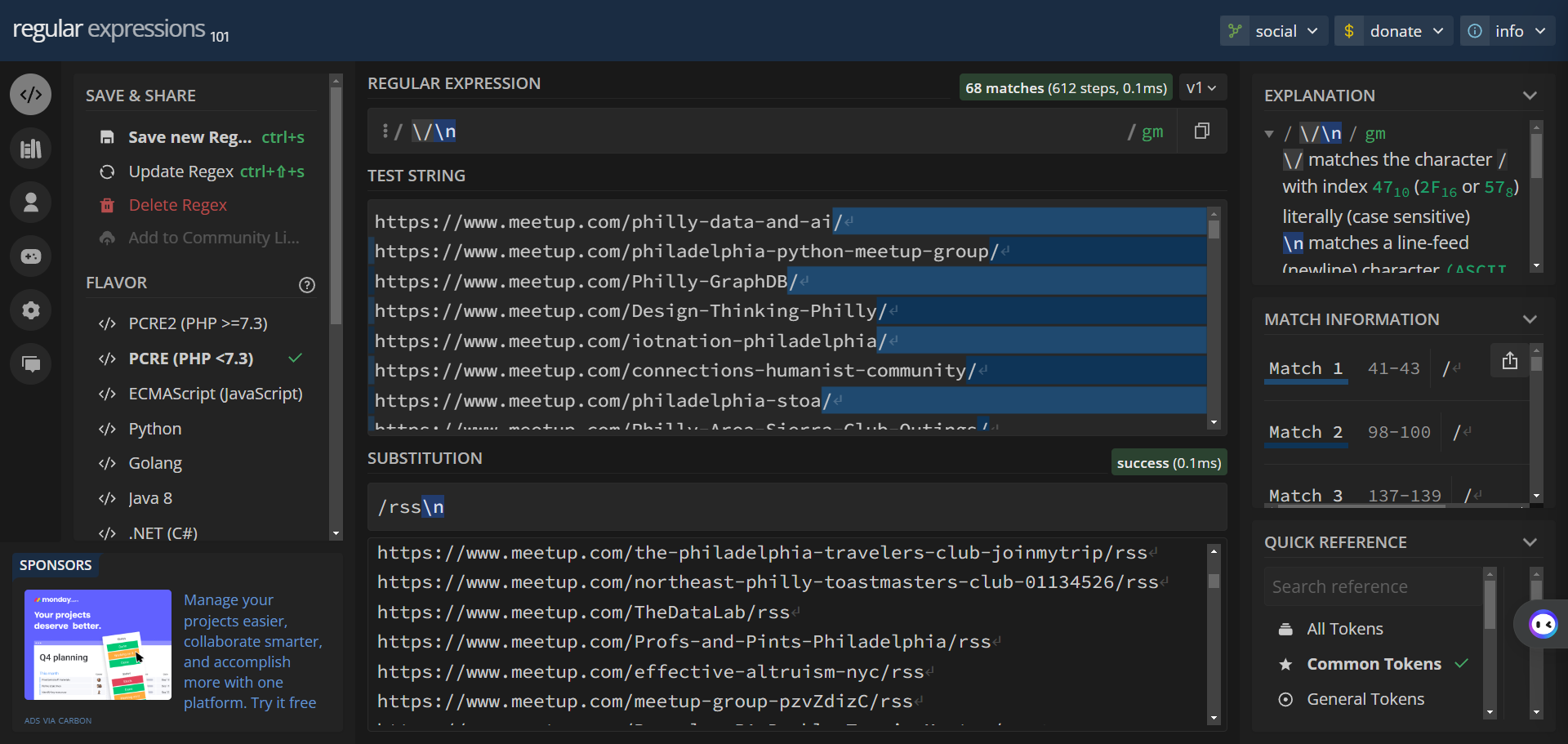Democracy Technologies: A magazine of the Innovation Politics Institute
#TIL about Democracy Technologies, a magazine of the Innovation Politics Institute.
They offer:
- An impressive database of tools to support participatory decision-making, including Polis, Decidim, and Loomio
- Introductory articles on concepts relating to digital democracy
- News, case studies, guides, and other resources related to innovations in democratic technology ...and more!
While many of these technologies are designed primarily for use by government & municipal entities, I'd argue they offer substantial value to any companies or non-profits looking to increase their decision-making effectiveness and capacity to innovate. With the ability to gather, aggregate, and make sense of qualitative feedback in a fraction of the time and cost of running traditional surveys, organizations willing to explore the potential of these cutting-edge tools stand to foster a culture of collaborative innovation, boost employee engagement, and stay resilient to disruption in an increasingly complex world.
